We, the People, Place & Health collective, believe in…
equity, respect & accessibility:
We believe in cultivating a space that is free from discrimination and harassment. in line, with the principles set out by the Department of Epidemiology and Brown University, everyone is to be treated equitably and respectfully – regardless of age, race, ethnicity, ability, nationality, religion, sex, gender identity, sexual orientation, immigration status, generational group, socioeconomic status, caste and other aspects and markers of identity. we do our best to cultivate a space that is accessible (physically and otherwise) and welcoming to all peoples.
being anti-racist and dismantling oppression:
We recognize that oppression does not stem from interpersonal relationships alone. There are historical and present structures in the United States that cause harm and produce differential treatment and outcomes based on identity, especially race. The legacies of the transatlantic slave trade and Jim Crow laws continue to cast a dark shadow, and systemic racism adversely and acutely affects the lives of Black people. The colonization and genocide of Indigenous peoples continues to be violently felt today. We must continue to fight for a world that is free of false hierarchies of human value.
respect for people who use drugs:
We believe in harm reduction, which means we accept drug use is a part of our world and can often be complex. We respect the choices and bodily autonomy of people who use drugs. We believe that the services and resources provided to people who use drugs must be non-judgmental and non-coercive. We acknowledge that trauma and lived experience can affect the harms people experience from drugs. we meet people where they are. We believe that there are safer ways to use drugs that can keep people alive, and we strive to reduce drug-related harms.
being community centered:
We believe in pursuing research that centers the community and respects the lived experiences and knowledge of our community. We pursue quantitative and qualitative research that is not “damage centered” and incorporates community voices. Our research is done with and in the community, not about the community. We believe in community knowledge sharing and dissemination, translating our findings as we go and giving community members the tools they need to best incorporate these findings into their work and into their daily lives.
ending the war on drugs:
We believe that harms associated with drug use cannot be ended punitively. The war on drugs has destroyed thousands of lives in the US by pursuing a strategy of mass incarceration. Families are broken up, children are removed from the arms of their parents and caretakers, people lost livelihoods, housing and gained criminal records that restricted their ability to access basic needs. People are violently arrested, deported and killed – both at home and abroad. We believe that this failed racist strategy which started in the 1970s and continues today, cannot be separated from the act of policing and enforcement itself. Therefore, we ardently advocate for non-carceral and non-police-based strategies to reduce drug-related harms.
paying people for their time:
We recognize that community members who participate in research studies should be fairly and equitably compensated. This is particularly critical for those who are structurally vulnerable, including the people we work with who are unstably housed, engage in sex work, and who use drugs. While research participants’ preferred payment methods vary, we have found that cash payment is often the most fitting and fair way to acknowledge and compensate people’s time, expertise, and willingness to participate in research. Studies have consistently shown that cash reimbursements can circumvent common barriers to participation in research; offer participants greater flexibility (and are typically used to purchase essential items such as food and clothes); improve satisfaction with follow up and retention in research; and promote greater autonomy for participants. For this reason, we offer cash incentives for participation in our research studies whenever feasible.
